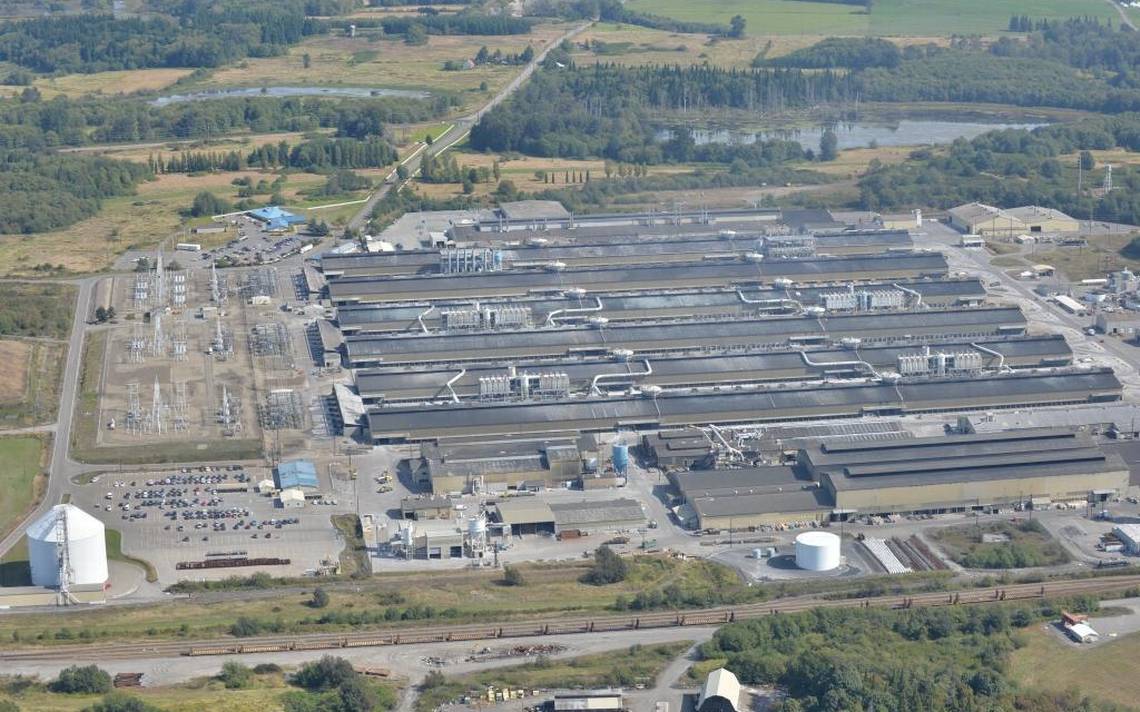FERNDALE –
Alcoa Intalco Works, Washington’s only operating aluminum smelter, plans to install new pollution control equipment in order to reduce sulfur dioxide emissions.
The reductions are part of an agreement with the Washington Department of Ecology to address sulfur dioxide levels recorded near the smelter in recent years. Intalco and Ecology have been working to accurately measure and monitor the sulfur dioxide concentrations near the facility in order to comply with updated federal air quality standards for sulfur dioxide.
Ecology does not believe the levels found near Intalco pose a threat to residents of Ferndale or other nearby communities. However, people living or working close to the plant may have been exposed to short-term levels that exceed federal standards meant to protect public health.
“We’re pleased that Intalco has been willing to work with us to address sulfur dioxide emissions,” said James DeMay, manager of Ecology’s Industrial Section, which regulates Intalco. “We think this agreement is an important step toward protecting air quality in Whatcom County.”
Under the agreement, Intalco will install a scrubber to capture and remove sulfur dioxide from part of its manufacturing process by the end of 2022.
Ecology is seeking public comments on the agreement through June 10, 2019. You can find the draft agreement as well as other information on our webpage. You can submit comments using our online comment system.
In the future, the agreement between Ecology and Intalco will become part of a larger plan to assess and reduce sulfur dioxide pollution near the facility. Because sulfur dioxide levels in the area have exceeded federal air quality standards at certain times, Ecology and the Northwest Clean Air Agency are working to develop a plan to protect local air quality and ensure that it consistently meets the federal standards.
You can find more information on sulfur dioxide monitoring and the steps Ecology and Northwest Clean Air are taking to protect air quality at www.ecology.wa.gov/sulfurdioxide.
Department of Ecology News Release - May 8, 2019


